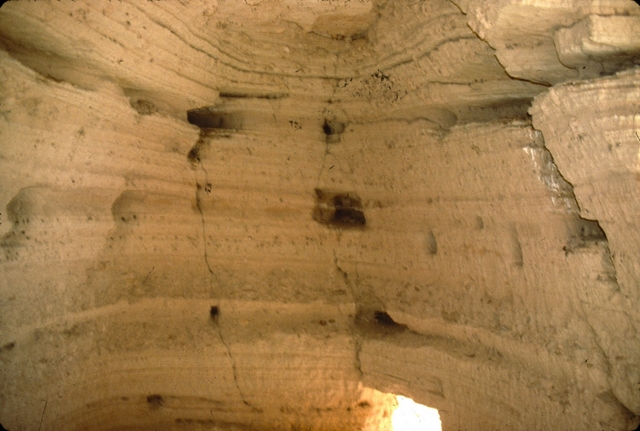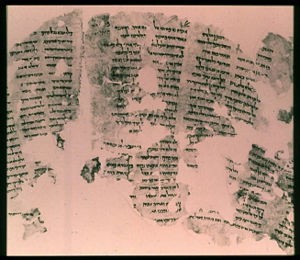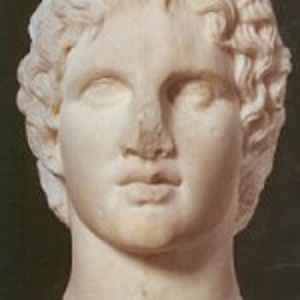
by hadassah | Apr 13, 2008 | Background
Pharisees, Lawrence H. Schiffman, Reclaiming the Dead Sea Scrolls, Jewish Publication Society, Philadelphia, 1994. The Pharisees derived their name from the Hebrew perushim, meaning “separate.” This designation probably refers to their self-imposed separation...

by hadassah | Apr 13, 2008 | Background
Jewish Sects in the Aftermath of the Maccabean Revolt, Lawrence H. Schiffman, Reclaiming the Dead Sea Scrolls, Jewish Publication Society, Philadelphia, 1994. In this historical setting, we first meet, in the writings of Josephus, the three major sects of the...
by hadassah | Apr 13, 2008 | Background
Hasmonean Takeover of the Temple, Lawrence H. Schiffman, Reclaiming the Dead Sea Scrolls, Jewish Publication Society, Philadelphia, 1994. Immediately following the revolt, there occurred a crisis in the Jewish priesthood that had a direct impact on the...

by hadassah | Apr 13, 2008 | Background
Hellenistic Trends in Palestinian Judaism, Lawrence H. Schiffman, Reclaiming the Dead Sea Scrolls, Jewish Publication Society, Philadelphia, 1994. During the two centuries before the Maccabean Revolt (168–164 B.C.E.), the new amalgamation of Hellenic and native...

by hadassah | Apr 13, 2008 | Background
Hellenism as a Cultural Phenomenon, Lawrence H. Schiffman, Reclaiming the Dead Sea Scrolls, Jewish Publication Society, Philadelphia, 1994. Hellenism represented the synthesis of Greek culture with the native cultures of the Near East. In a dynamic process, the...

by hadassah | Apr 13, 2008 | Background
Judaism, Hellenism and Sectarianism, Lawrence H. Schiffman, Reclaiming the Dead Sea Scrolls, Jewish Publication Society, Philadelphia, 1994. The Qumran corpus began in the distinctive historical experience of a sectarian group, one that emerged out of Second...





